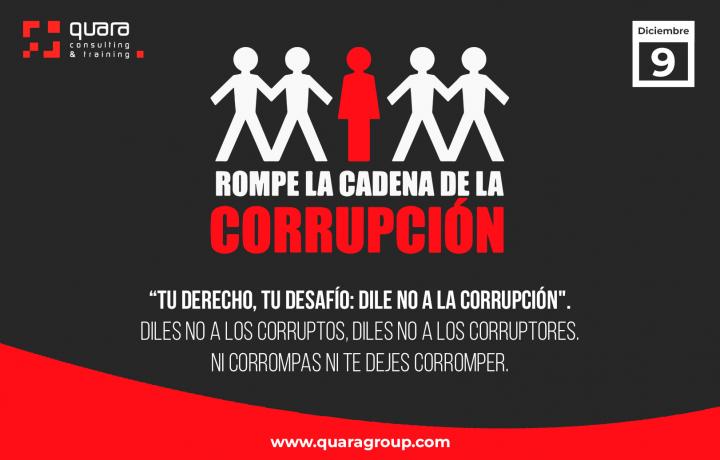
It can be an important opportunity also in the fight against corruption, because there are greater demands, expectations and instruments to attack it.
The crisis is also strongly generating the digital transformation of our states, societies and economies, so much so that today digital resilience is essential. It can be an important opportunity also in the fight against corruption, because there are greater demands, expectations and instruments to attack it. We see many governments accelerating the transformation into both internal administrative processes and relations with citizens. Opportunity to have more effective, efficient and more transparent states, in a very difficult context, with pre-existing conditions and other challenges linked to the crisis. Good and transparent management of public resources becomes essential, and control entities such as the Comptrollers' Offices have a fundamental role in the ecosystem of integrity in countries.
Public Procurement
There is now a lot of talk about "crown-purchases" because of the risks of corruption in times of emergency and their purchasing systems. Corruption problems in several countries in the region are worrying, but the good news is that they are now more easily uncovered. From the international community there are calls for governments to strengthen these transparency mechanisms in public procurement during the emergency, so the IMF, Transparency International and World Economic Forum, call for ensuring that emergency management and public procurement programmes related to the health emergency, particularly in the health sector, are transparent and agile. "Prevention is better than cure" that popular saying applies to both coronavirus and corruption. The implementation of appropriate prevention measures makes it possible to reduce the possibilities for the materialization and expansion of an evil, in this way prevention is fundamental and must cover the whole of society.
Corruption Prevention Standards
ISO 37001 specifies the requirements and provides guidance for establishing, implementing, maintaining, reviewing and improving an anti-theft management system. The system can be independent or integrated into a global management system. This standard addresses the following in relation to the activities of the organization:
• Bribery in the public, private and non-profit sectors;
• Bribery by the organization;
• Bribery by staff of the organization acting on behalf of the organization or for its benefit;
• Bribery by business partners of the organization acting on behalf of or for the benefit of the organization;
• Bribery to the organization;
• Bribery of staff of the organization in connection with the activities of the organization;
• Bribery of the business partners of the organization in connection with the activities of the organization;
• Direct and indirect bribery (e.g., a bribe offered or accepted by or through a third party).



